
Reiki Glasgow
Powerful Energy Healing & Spiritual Coaching Worldwide
Starting energy healing can be a powerful first step and a free consultation is a great place to start. When you call us at Awakened Energy Healing, it’s a chance to have a warm, understanding conversation. You can share your story, talk about what you’re going through and see how energy healing or Reiki Glasgow could help you find balance and wellbeing. I recently spoke with someone who had been feeling stuck and overwhelmed for years. They called during a particularly difficult time, unsure if energy healing could help. By the end of the consultation, they told me how much lighter they already felt, just from sharing their story and exploring options together. It’s amazing how a simple conversation can be the first step toward real change. There’s no pressure, just someone who listens and offers support that’s right for you. Making the call is a simple step, but it’s also the start of inviting positive change into your life. Book Reiki Glasgow now.
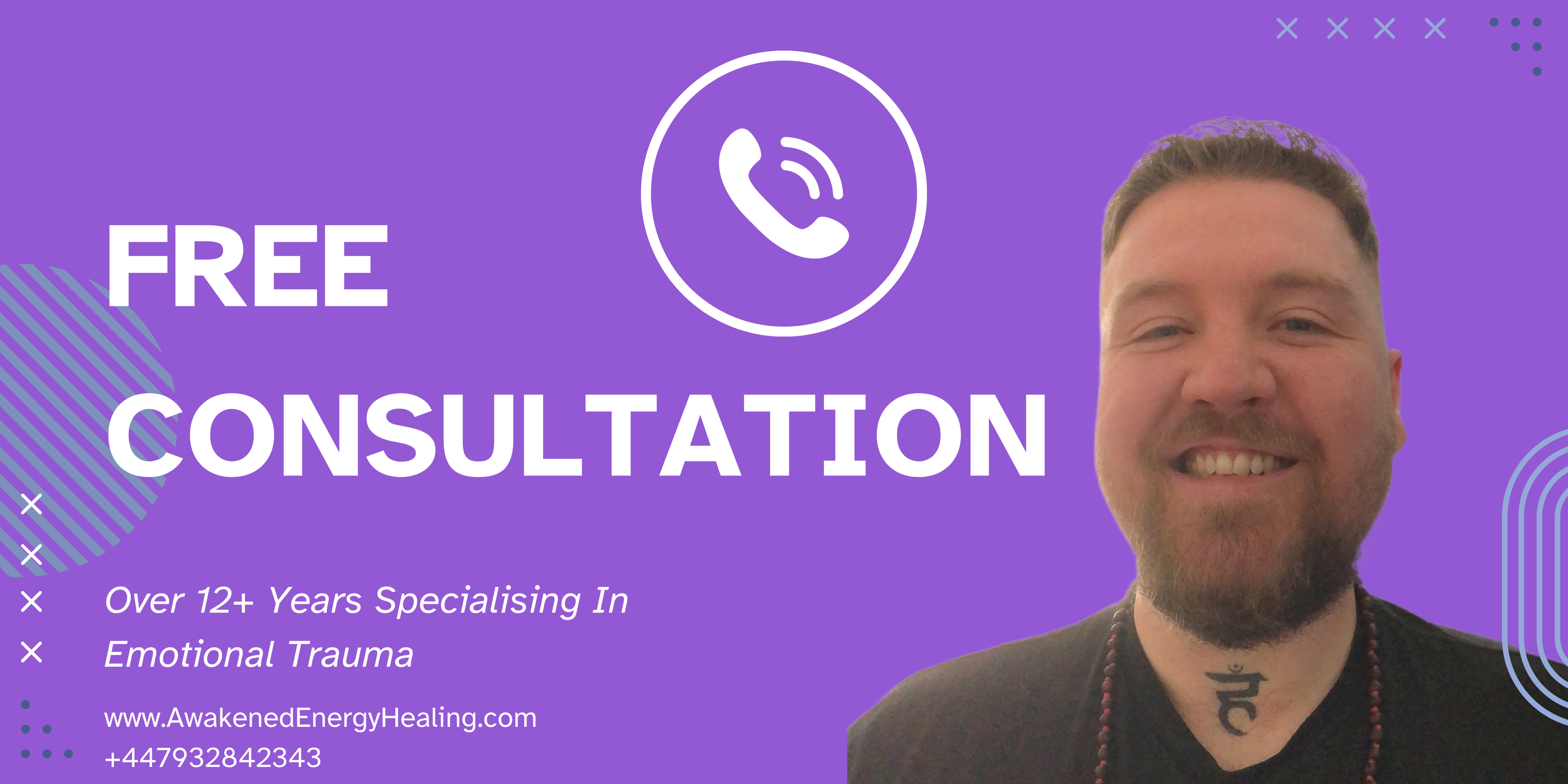
We Help You Heal
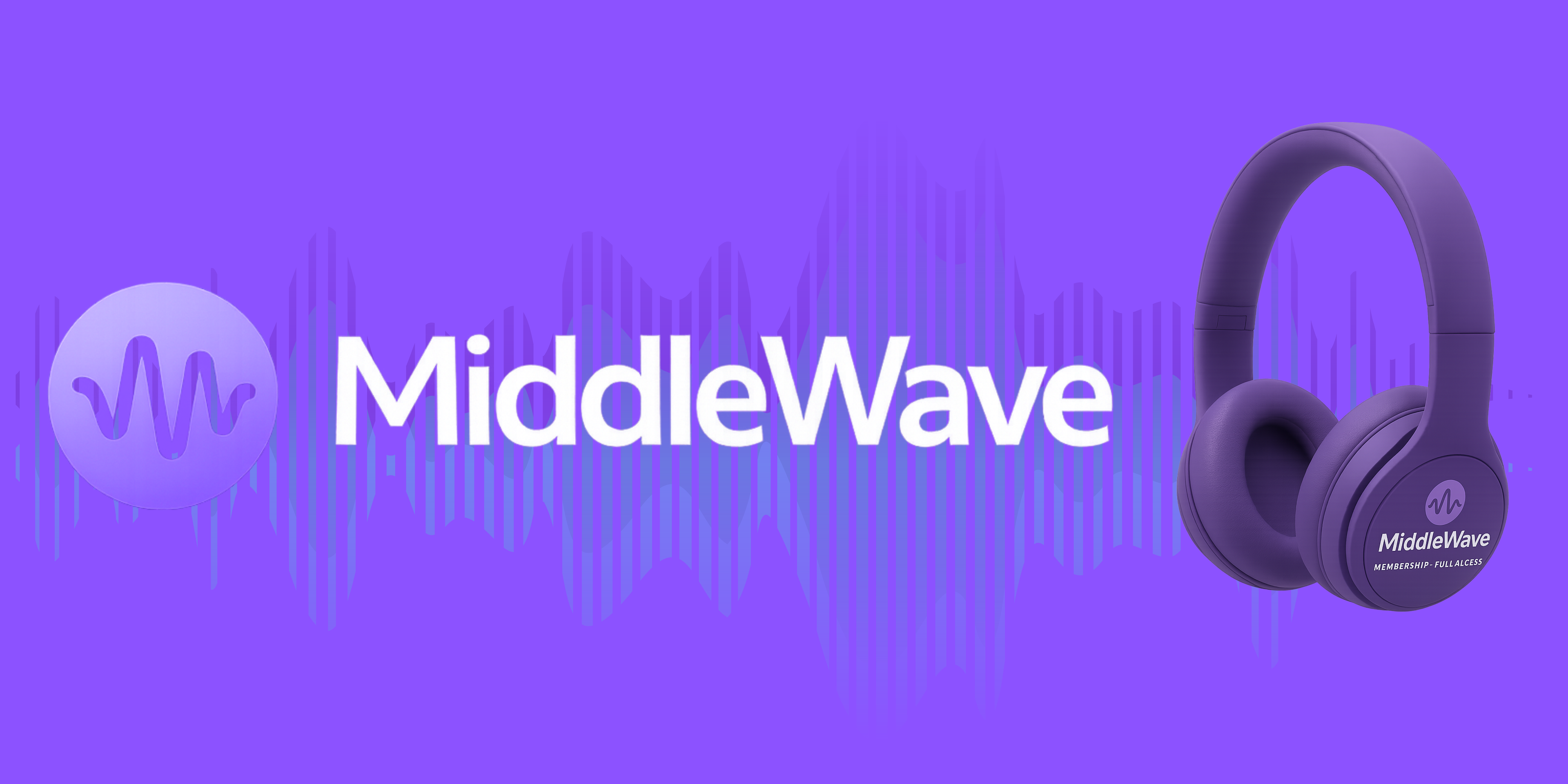
Explore Our Step By Step Journey Of Transformation
Reiki Glasgow & Energy Healing
Unlock the benefits of Pellowah energy healing & Reiki Glasgow for deep relaxation and inner transformation. Experience uplifting, lasting results for body, mind & spirit from the comfort of your home.
-
Reiki Healing Session in Glasgow
Regular price From £14.99 GBPRegular priceUnit price / per£69.99 GBPSale price From £14.99 GBPSale -
MiddleWave® Membership – Full Access
Regular price From £24.99 GBPRegular priceUnit price / per -
MiddleWave® FREE Zoom Meditation Access
Regular price £0.00 GBPRegular priceUnit price / per -
Pellowah Healing
Regular price £49.99 GBPRegular priceUnit price / per

About Me
12+ years’ specialising in trauma, healing and spiritual growth
Specialist in Reiki (Glasgow) & Pellowah (worldwide)
Sessions are safe, personal and deeply supportive
My own healing journey led me here — this work changed my life
I help people release pain, calm anxiety and reconnect with themselves

MiddleWave® Membership — Full Access
The Future of Meditation Is Here. Experience deep transformation through powerful Neuro-Entrainment, live global meditations and every stage of the MiddleWave™ journey — all in one membership.
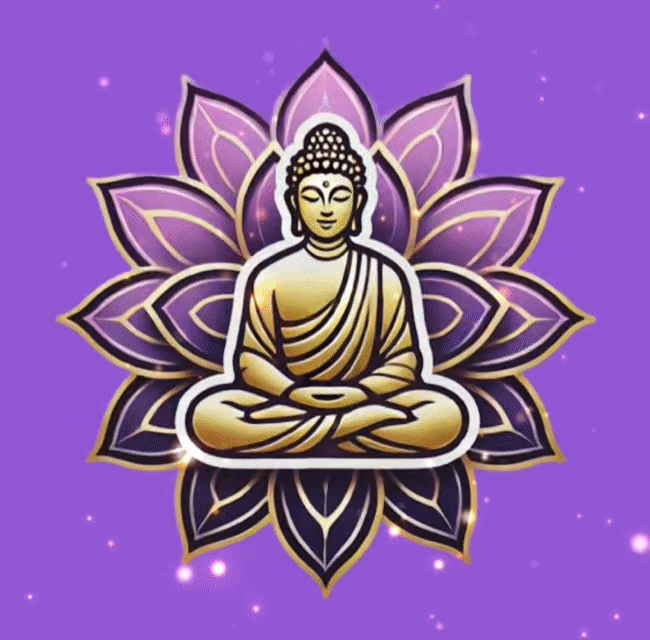
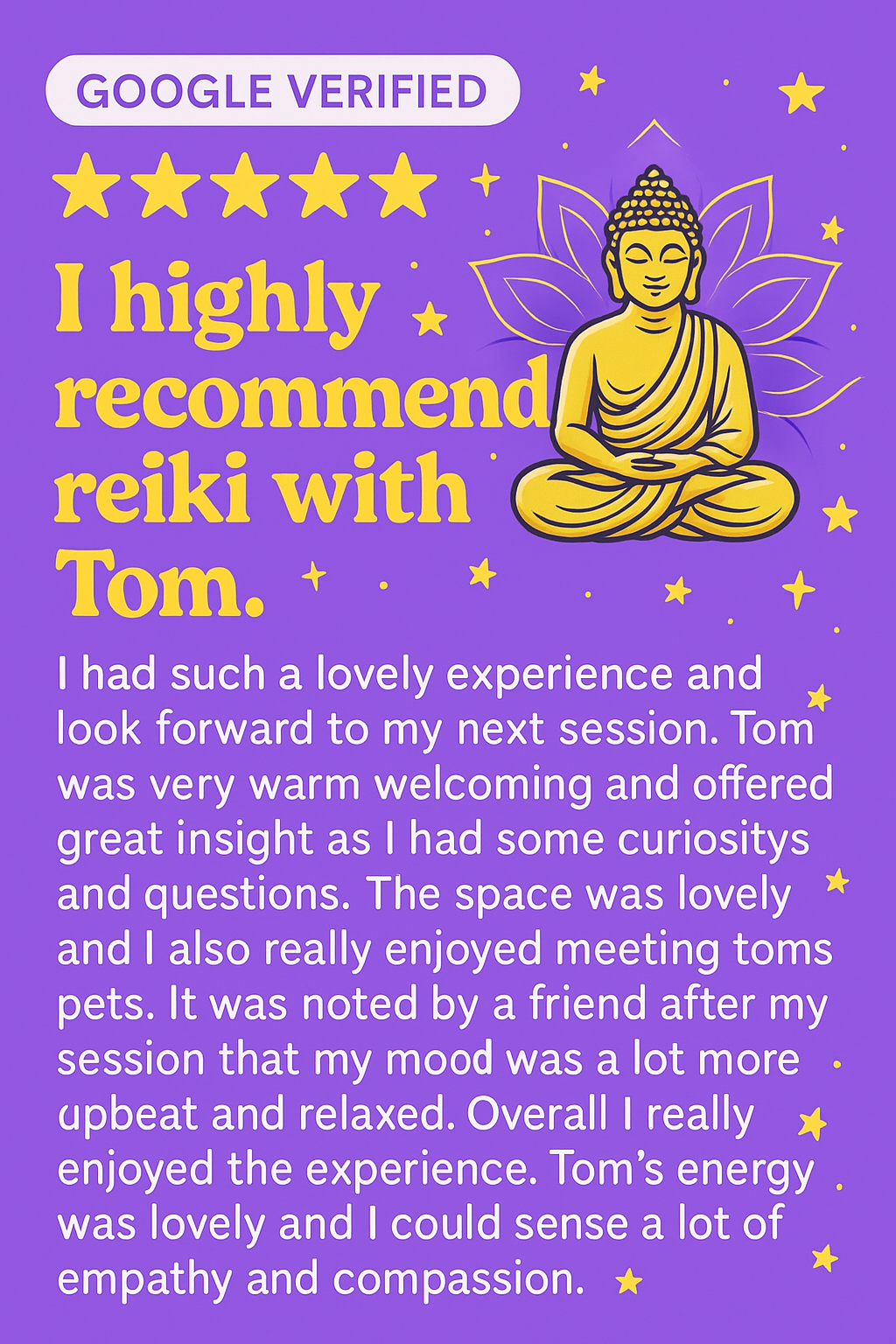
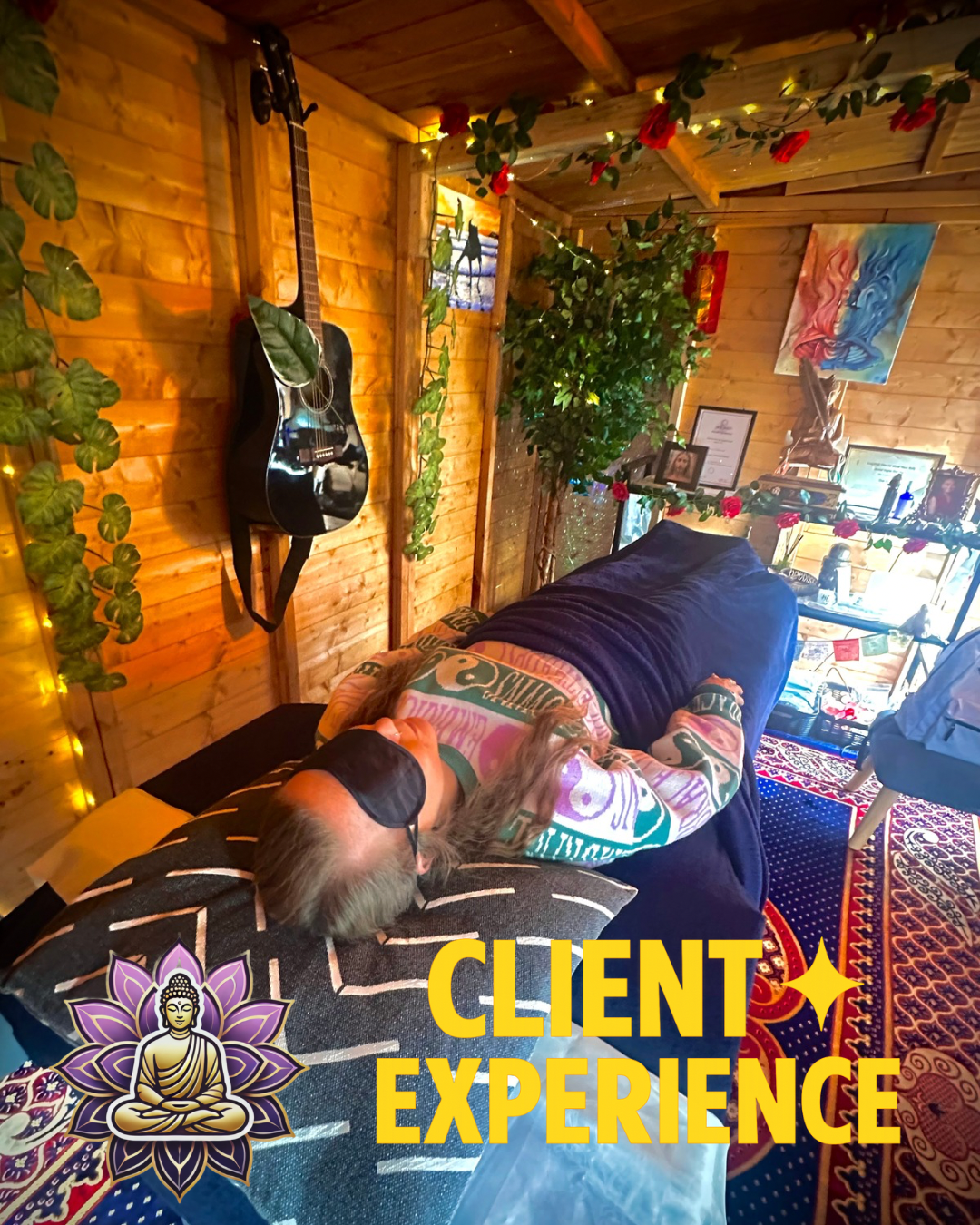
Supporting powerful inner transformation — one session, one breath, one awakening at a time.
MiddleWave Live™ - Revolutionary Neuro-Entrainment Meditation 🎧 Everyone’s welcome — free group meditation on Zoom every Sunday.
View full details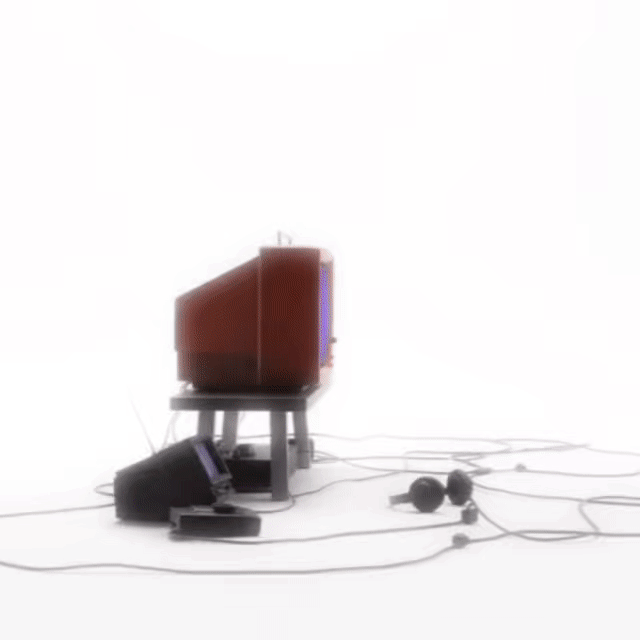
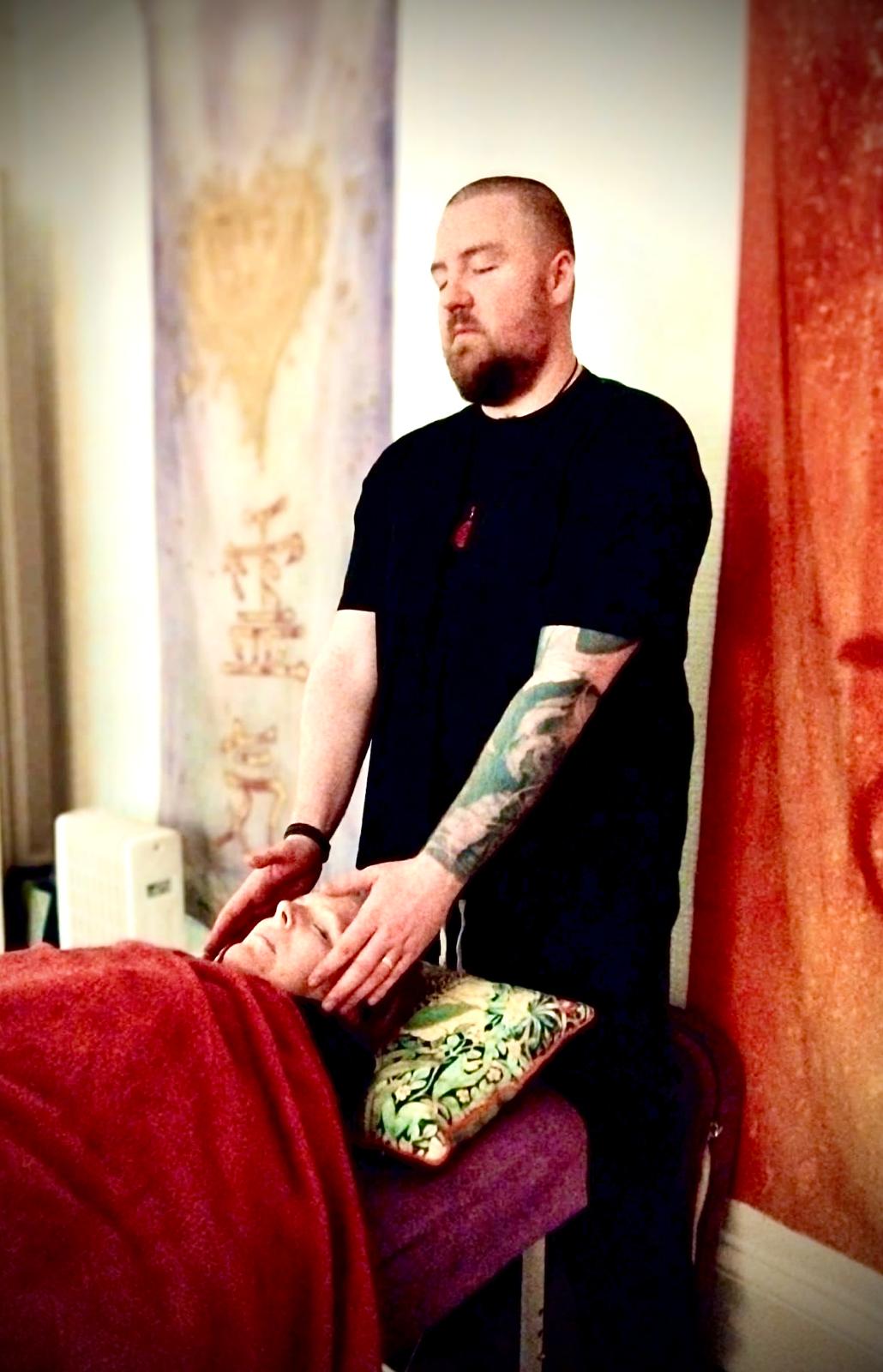
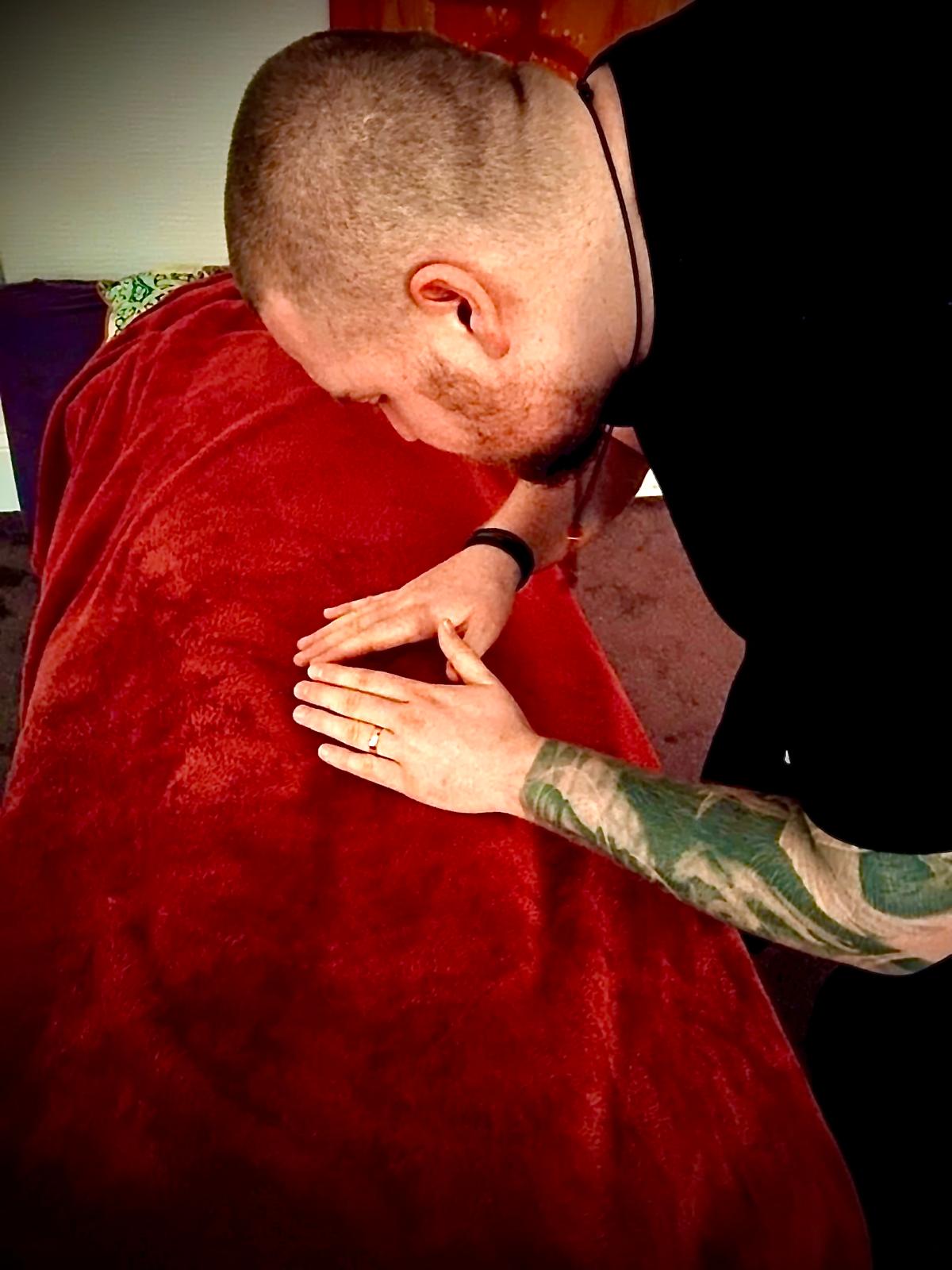
Reiki Glasgow
Discover the calming and balancing benefits of Reiki in our soothing sessions. Experience a sense of peace and wellness. Find us here
Blog posts
View all-

Karma — Our Actions Shape Our Present
Let me explain: imagine rolling a heavy suitcase through an airport. Once it’s moving, it keeps going in the same direction unless you pull it another way. Karma acts like...
Karma — Our Actions Shape Our Present
Let me explain: imagine rolling a heavy suitcase through an airport. Once it’s moving, it keeps going in the same direction unless you pull it another way. Karma acts like...
-

S.A.D Disorder: Are You Affected by the Seasons?
Here’s the thing: our bodies pay attention to light far more than we do. Less daylight means altered rhythms, lower serotonin, disrupted sleep patterns — all the things you really...
S.A.D Disorder: Are You Affected by the Seasons?
Here’s the thing: our bodies pay attention to light far more than we do. Less daylight means altered rhythms, lower serotonin, disrupted sleep patterns — all the things you really...
-

Why Your Nervous System Is Exhausted — and How ...
Here’s the thing… your mind doesn’t need another technique or another colour-coded to-do list. It needs a break from the non-stop stimulation. When you give it five minutes of stillness,...
Why Your Nervous System Is Exhausted — and How ...
Here’s the thing… your mind doesn’t need another technique or another colour-coded to-do list. It needs a break from the non-stop stimulation. When you give it five minutes of stillness,...
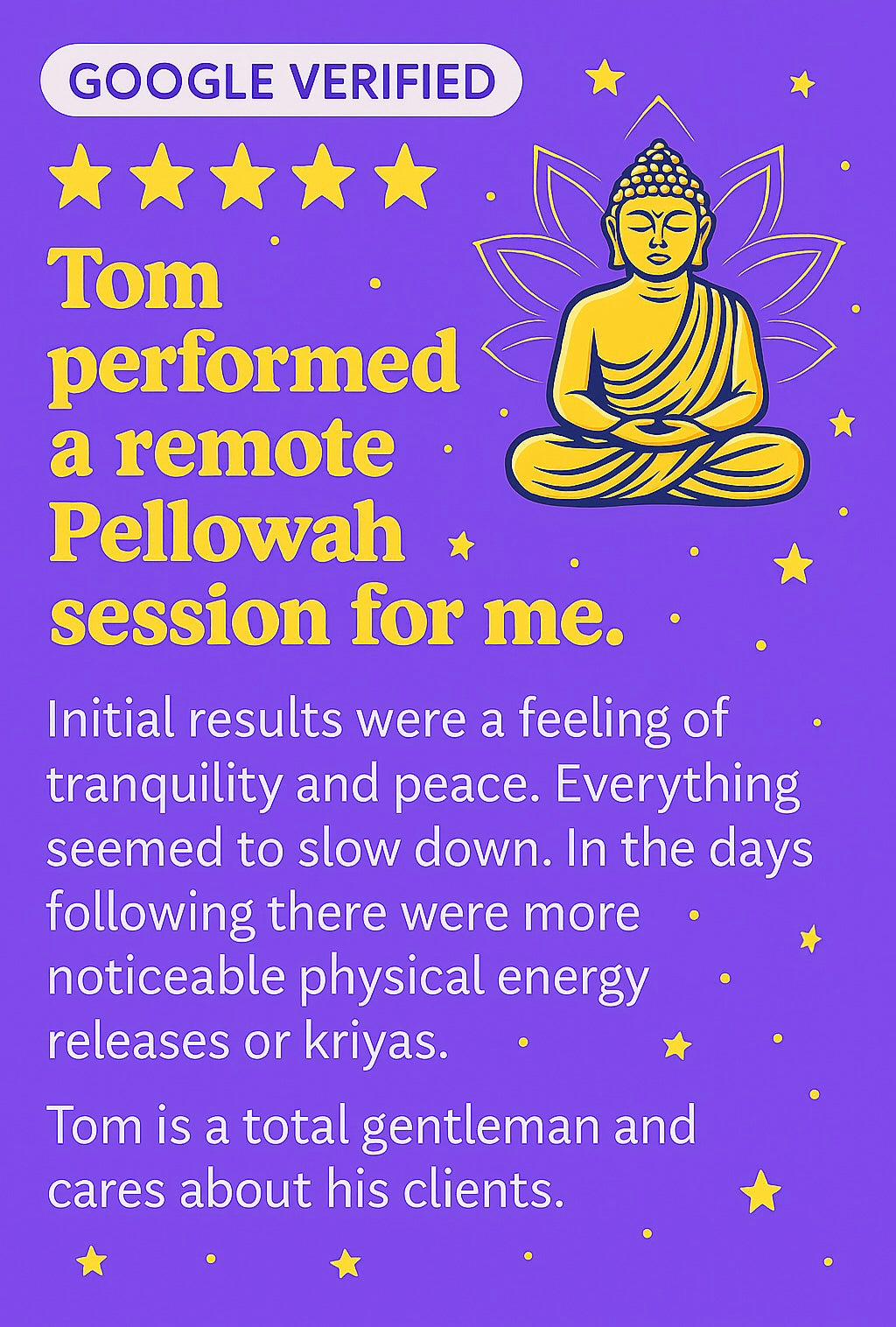

What is Pellowah?
Pellowah is a unique kind of energy healing that helps you grow, both personally and spiritually. It works by raising your energy frequency, which sounds fancy, but really just means it helps shift things deep inside you. Blockages get cleared, your mind, body and spirit reconnect and suddenly you’re moving closer to your full potential, whatever that looks like for you. In an online Pellowah session, healing energy flows into your energy field. There’s no physical touch involved, so you can just relax and let it work its magic. The experience itself feels gentle and calming, but the results can sneak up on you in powerful, life changing ways. People often say they notice a shift right away and the effects stick with them long after the session is over. What Pellowah does for you depends on where you’re at, but some common benefits include mental clarity, emotional healing, and a stronger sense of balance. It’s a way to release old pain you might not even realise you’ve been carrying around. You might feel better equipped to handle life’s challenges or start to notice your intuition getting sharper. For many, it’s also a way to reconnect with their purpose and find a sense of peace and joy that’s been missing. If you’re in curious about breaking through personal barriers or exploring something deeper, Pellowah Energy Healing is worth a try. It’s not about quick fixes or big promises, it’s about opening doors you didn’t even know were there. Whether you’re looking for healing, empowerment, or just a little more clarity, this practice can spark change in ways that might surprise you! Book Now

What is Reiki?
Reiki is a gentle form of energy healing that helps you grow, heal and find balance. It works by channeling energy into your body, which might sound a bit mystical, but really, it just means it helps things shift in a natural and meaningful way. Blockages in your energy get clearedand your mind, body and spirit start working together again. Before you know it, you’re feeling less stressed, lighter and more at ease.
In a Reiki session, the practitioner gently places their hands on or just above your body to guide healing energy where it’s needed most. This can also be done remotely from the comfort of your own home. There’s no pressure, no stress, just a calming, peaceful experience that allows you to fully relax. It’s simple, but the effects can feel surprisingly profound. Many people say they feel lighter, calmer or more centered right after their session. The changes tend to stick around in the days and weeks that follow.
What Reiki does for you really depends on what you need. It can bring clarity when your mind feels cluttered, help you let go of emotional pain or restore a sense of balance when life feels chaotic. Some people find it helps them connect more deeply with their intuition, while others say it’s like hitting the “reset” button on their energy. And for many, it’s a way to rediscover peace and joy that might have felt out of reach for a while.
If you’re curious about breaking through personal blocks or simply looking for a deeper sense of calm, Reiki is a wonderful place to start. It’s not about quick fixes or one size fits all solutions. It’s about meeting you where you are and helping you move forward in your own way. Whether you’re seeking healing, balance or just a moment to breathe, Glasgow has a way of creating space for the changes you need most.
Ready to give it a try? Book a session and see where it takes you!

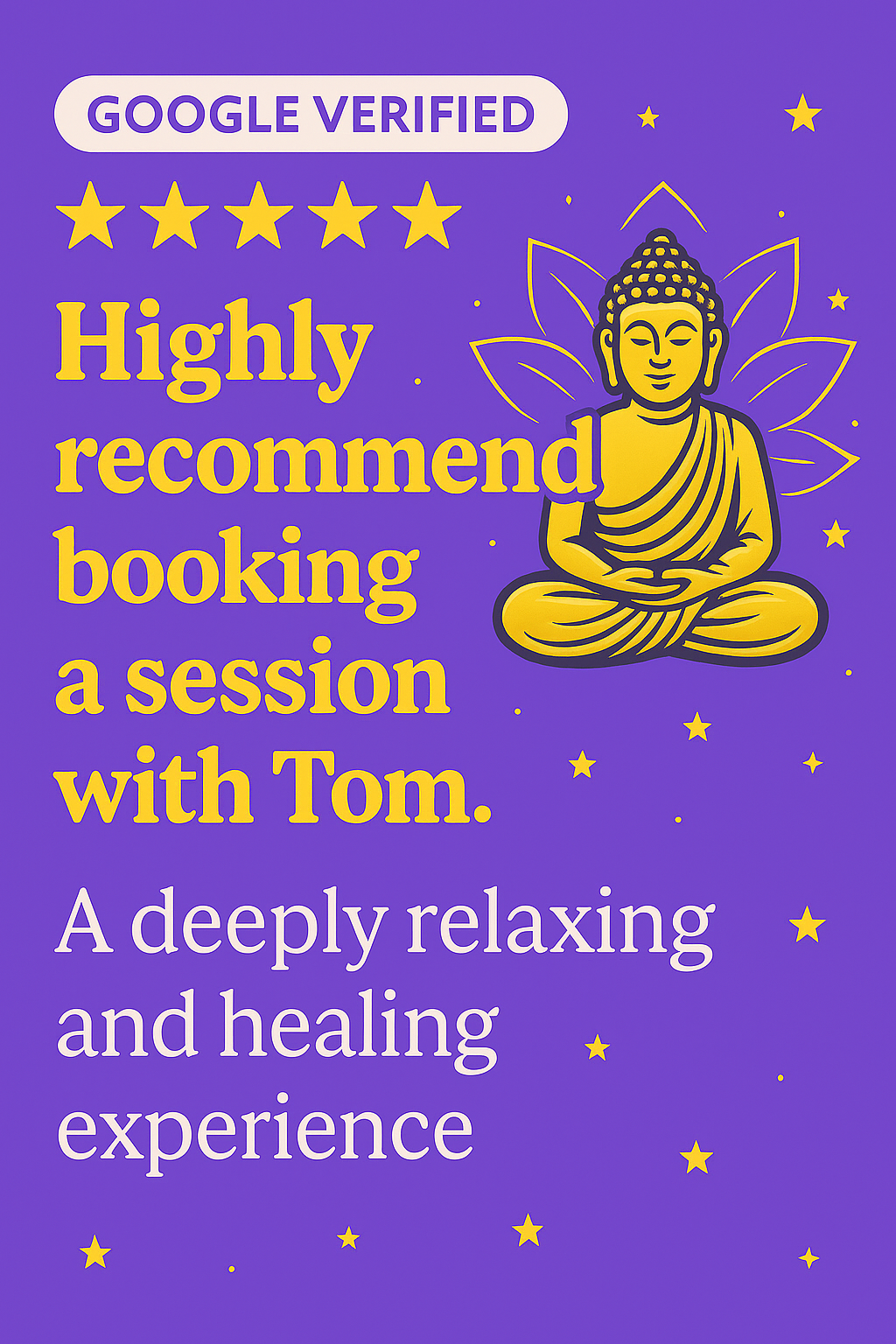
⭐️⭐️⭐️⭐️⭐️
Google Verified








